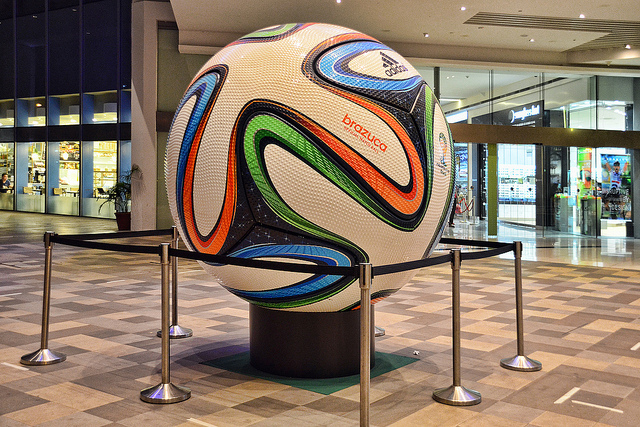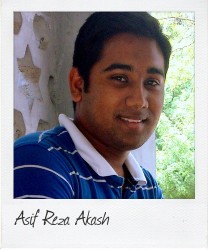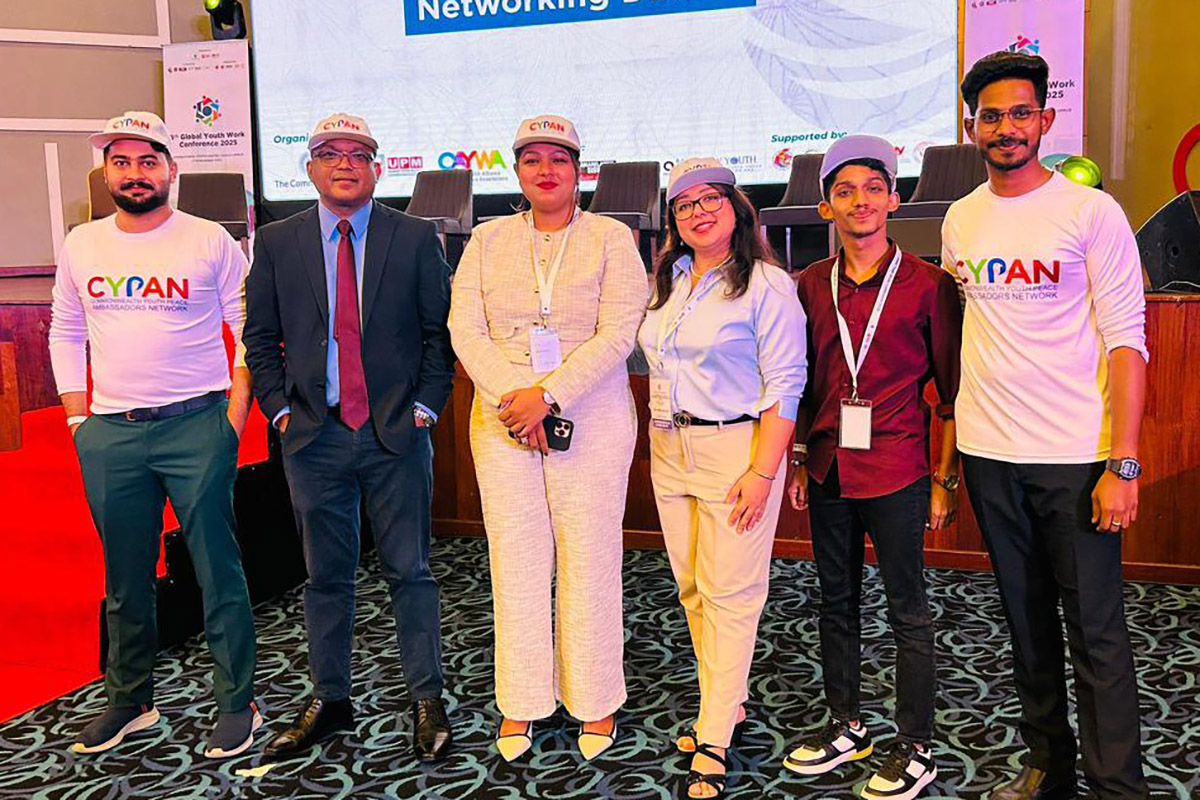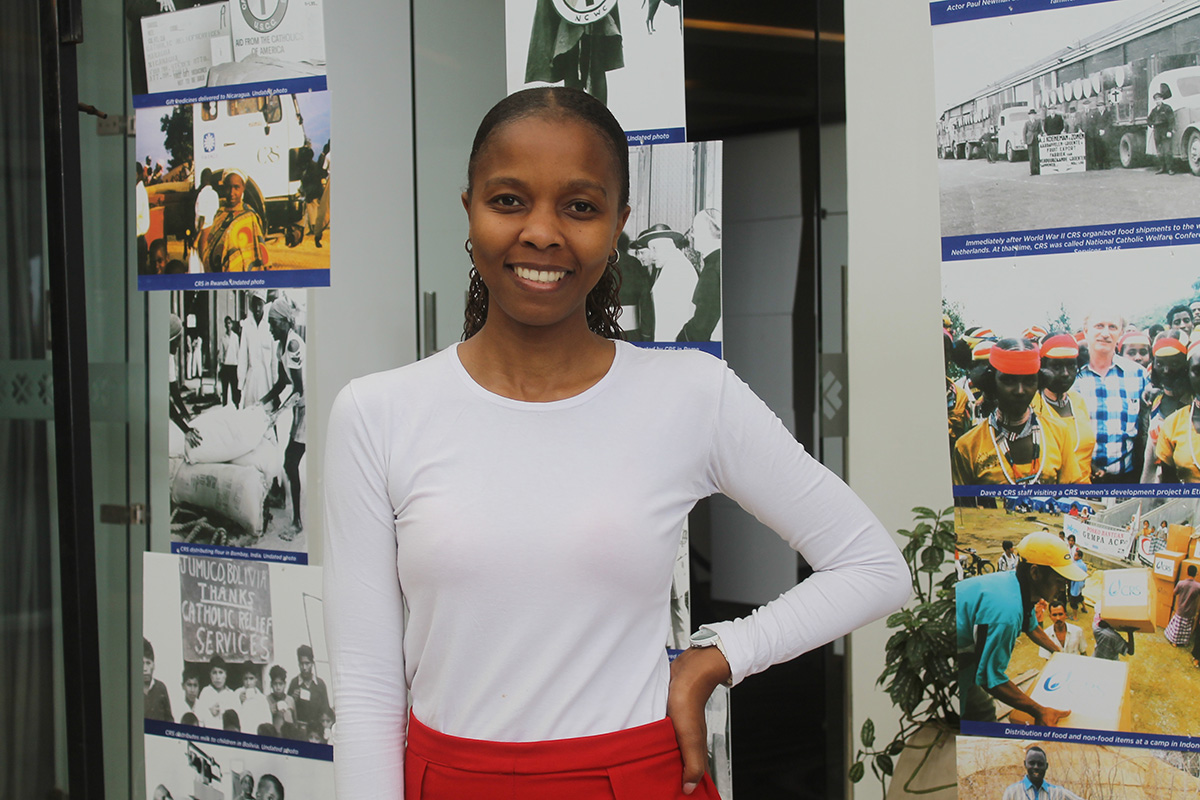"Bangladesh – suffering the FIFA World Cup fever”
June 30With World Cup fever raging around the globe, Asif Reza Akash, 22, a Correspondent from Dhaka in Bangladesh, describes the extraordinary commitment of fans in what is otherwise a cricket-playing nation.
Bangladesh, a cricket playing country that organized the last T20 World Cup and the inaugural ceremony of the last Cricket World Cup, is now totally gripped by the football fever.
Yet it is nothing new for Bangladesh. Every FIFA World Cup (WC) makes Bangladeshi people conspicuously crazy for football. Celebration of the biggest football fiesta has shaken almost every country and major cities around the world, but Bangladesh and specifically its capital city, Dhaka, is way different from other cities. A highly populated city is now a city of football jerseys, flags and colour. Most people from all walks of life are fans of either Argentina or Brazil. If neither of those, then Netherlands, Germany or Spain could be the answer but still they are the trifling minority.
Random people in the streets are wearing the jerseys of the nation they support. College students attend classes wearing jerseys or T-shirts. Private cars have mini flags of Argentina or Brazil on a pole in front of the bonnet, which makes it look like Bangladesh is now full of Brazilian or Argentinian ambassadors. Some crazy landlords or owners of five and six storey residential buildings have painted their houses with the colour of Brazilian or Argentinian flags. Almost every rooftop flies the flags of different nations playing FIFA WC 2014.
Since Bangladesh is a ready-made garments exporter, locally made jerseys and T-shirts are really cheap here. A piece of information readers might find interesting is that the ‘Made in Bangladesh’ tag is attached to the jerseys of Brazilian supporters sitting in the stadiums and enjoying the matches live, because those jerseys were manufactured and exported from Bangladesh. A group of about 50 thousand Bangladeshis is supporting the Honduras team, and that fact went viral all over the news and social media in Honduras. The Honduras team then made a public announcement through their official website that they would dedicate their first WC goal to the fans in Bangladesh. Reportedly, Bangladesh received at least $500 million worth of garment orders to make different teams’ jerseys for fans.
Facebook as well as media in Bangladesh are also very active with FIFA WC trends. Bangladesh watches the matches at 10 PM, 1 AM and 4 AM. So people put Facebook statuses and predict the score line, then analyse the games in the morning. They brag about their favourite team and defend it when it underperforms. Everywhere the discussions are about football. Who played well, who should have been substituted or how the formation could have been are some common topics among friends or passengers in a bus or train.
On university campuses or in public places, several companies arrange the projector and show the matches on giant screens at night, to help people enjoy the World Cup in a crowd atmosphere. However, this serves also as their marketing or branding policy. Once I heard a professor in my university say in humour that all Bangladeshi people know at least three foreign nationals – U.S. president Bush, ex-Al Qaeda boss Osama Bin Laden, and footballer Maradona.
People here wait for FIFA World Cup and when the extravaganza comes after four years they just let it flow with its craziness. Messi, Ronaldo, Rooney are some very common names in Bangladesh among the football-loving people. Even the slum dwellers who cannot afford a TV know them. Though Bangladesh is a football-loving country it has never played in higher levels outside of south Asia. I hope this fiesta will sow an interest among the young generation, and they will take Bangladesh to the FIFA World Cup some day. Hail the FIFA WC 2014, hail Bangladeshi fans!
photo credit: chooyutshing via photopin cc
………………………………………………………………………………………………………………
About me: I am a postgraduate student of Accounting & Information Systems at University of Dhaka in Bangladesh, with a bachelors from the same school. I write articles on contemporary socio-economic and political issues for English dailies in Bangladesh. Politics, economics and energy are three of my interests. Movies, music, books and hanging out with friends are my pursuits. I dream of traveling the world and exploring different cultures.
Find me on Twitter @asifrezaakash and read my blog at www.asifreza.blogspot.com
………………………………………………………………………………………………………………
Opinions expressed in this article are those of the author and do not necessarily represent the views of the Commonwealth Youth Programme. Articles are published in a spirit of dialogue, respect and understanding. If you disagree, why not submit a response?
To learn more about becoming a Commonwealth Correspondent please visit:
http://www.yourcommonwealth.org/submit-articles/commonwealthcorrespondents/
………………………………………………………………………………………………………………







